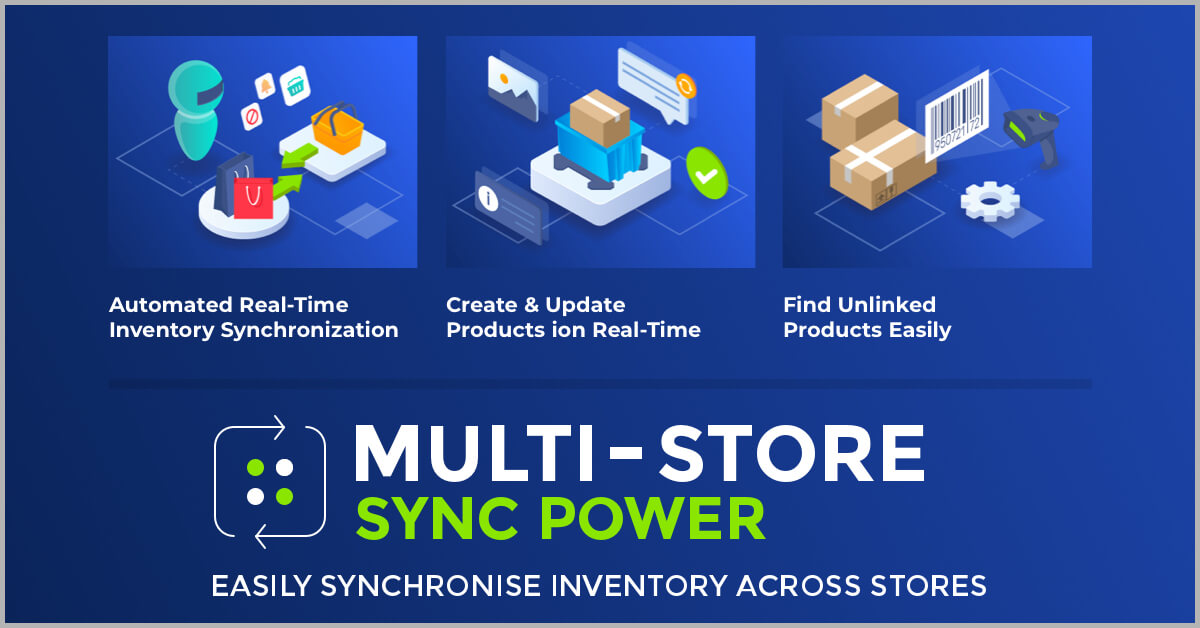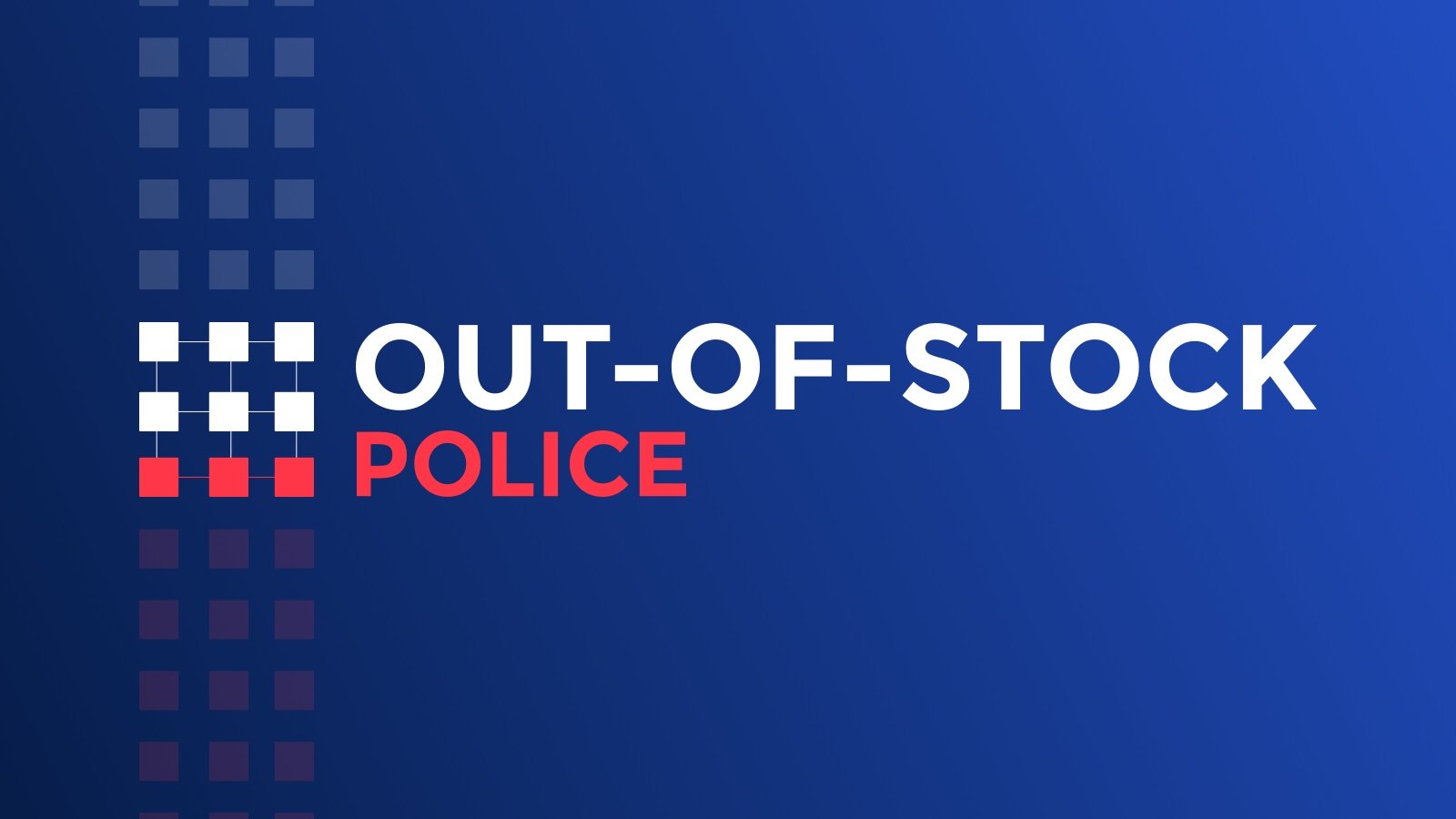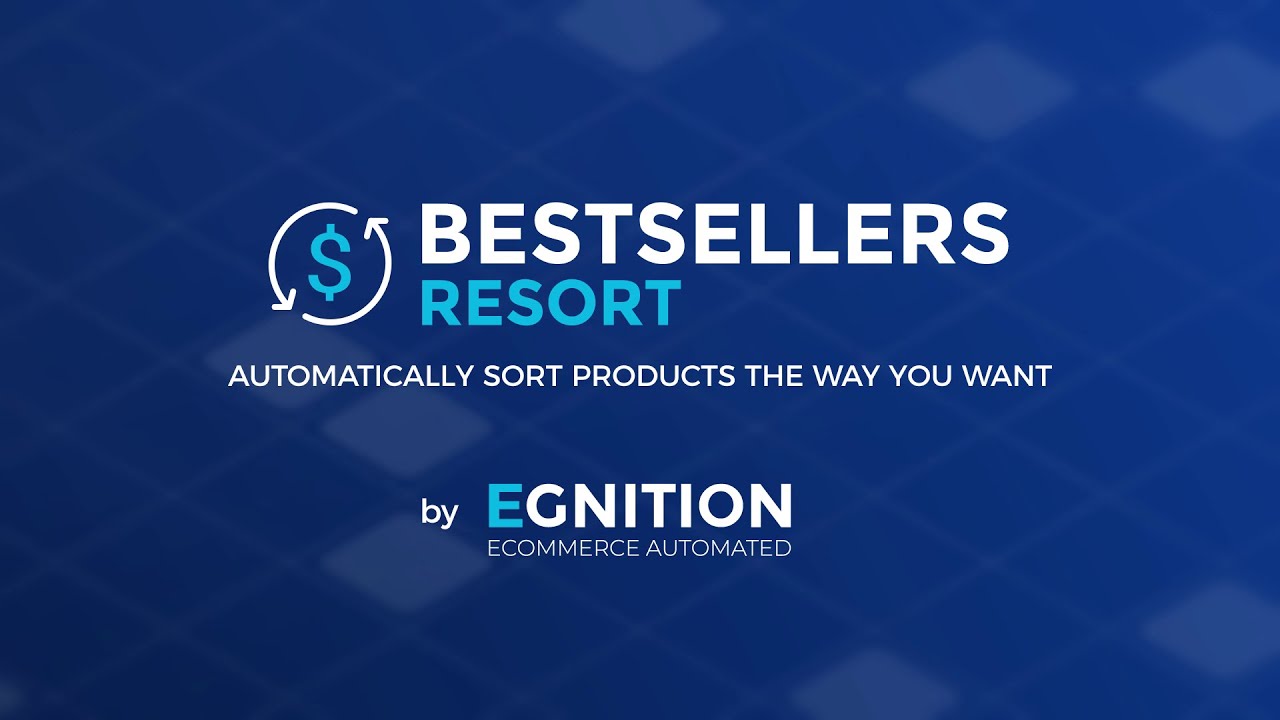3 Best Inventory Management Systems for Your Shopify Store—A 2024 Review
Automate your Shopify inventory management and increase efficiency, accelerate fulfillment, and save money with these three picks.
Published June 25, 2024.

An inventory management system is software designed to streamline inventory functions such as tracking, stocking, and fulfillment.
If you are a Shopify merchant, you know that inventory should never be an afterthought. As your store grows and gains popularity, having an effective inventory management system (IMS) will help you manage your Shopify inventory better.
Handling everything from the supplier to the customer, the best Shopify inventory management system helps keep things running smoothly with minimal manual input. This with Shopify inventory management apps will help you avoid overselling and underselling and fulfill orders quickly—it's best to transition from manual systems to an IMS before your operations become overwhelming.
Our Top 3 Picks
- Multi-Store Sync Power - Best for multi-store Shopify owners
- Out-of-Stock Police - Best for managing out-of-stock items in your inventory
- Bestsellers reSort- Best for Shopify inventory auto-sorting and collection management
Key Features to Look for in an Inventory Management System
- Multi-store and omnichannel support: If you have multiple Shopify stores and physical locations, you'll need an IMS to combine them into a unified system.
- Metrics and forecasting: The best IMS tracks stock, analyzes historical data, and forecasts demand. IMS metrics are a rich data source to build models and plan strategies.
- Integrations: Apart from integrating with Shopify, a good IMS should support point-of-sale (POS) systems if you have physical locations and should sync with your logistics systems.
- Complete automation: An effective IMS should automate inventory management in various ways, including managing out-of-stock items, handling pre-orders, and ordering from suppliers when stock levels are low.
Best Inventory Management Systems in 2024
Our recommended Shopify inventory management software solutions seamlessly sync with your Shopify store for maximum efficiency. Unlike spreadsheets or general accounting platforms, they provide important inventory metrics and automate common tasks.
» Make the most of the best practices for managing multiple Shopify stores
» Boost your Shopify store with tips for managing your out-of-stock products
» Customize your sorting rules by changing Shopify's default "Sort by" option
Implementation Tips for Best Shopify Inventory Management Software
Follow these implementation tips to optimize your Shopify inventory management software for optimal efficiency and smooth business operations.
Multi-Store Sync Power
To effectively use Multi-Store Sync Power on Shopify, turn on inventory tracking on your dashboard for two-way syncing across stores. This tool offers real-time visibility and control for multiple Shopify stores. Adjust settings as needed and use automation to maintain consistent inventory.
Out-of-Stock Police
Take advantage of Out-of-Stock Police by configuring alerts to notify when inventory levels drop to specified thresholds. These automated warnings ensure you restock appropriately, preventing costly stockouts and revenue loss. Also, automatically hide out-of-stock items to avoid negative customer experiences.
Bestsellers reSort
To enhance Bestsellers reSort on your Shopify store, frequently check important settings like sales cycle-based analysis timeframes. Use the "Auto Calculate" feature for product ranking updates on the latest data.
For new items, activate "Push Up New" to spotlight them at the top of collections during your specified initial period. Remember to use "Push Down Out of Stock" to prevent unavailable items from impacting customer experience.
Note: If you face problems or need help with any of these 3 Shopify inventory management apps, contact the app's support team, which is available 24/7. They can offer expert assistance and guide you through any difficulties.
Make the Right Choice for Your Shopify Store
When choosing an IMS, ensure it fits your needs rather than just going for the one with the highest ratings or the lowest price. While all three of our suggestions are scalable, using free trials first is advisable to ensure you get the right solution to manage your Shopify inventory better.




